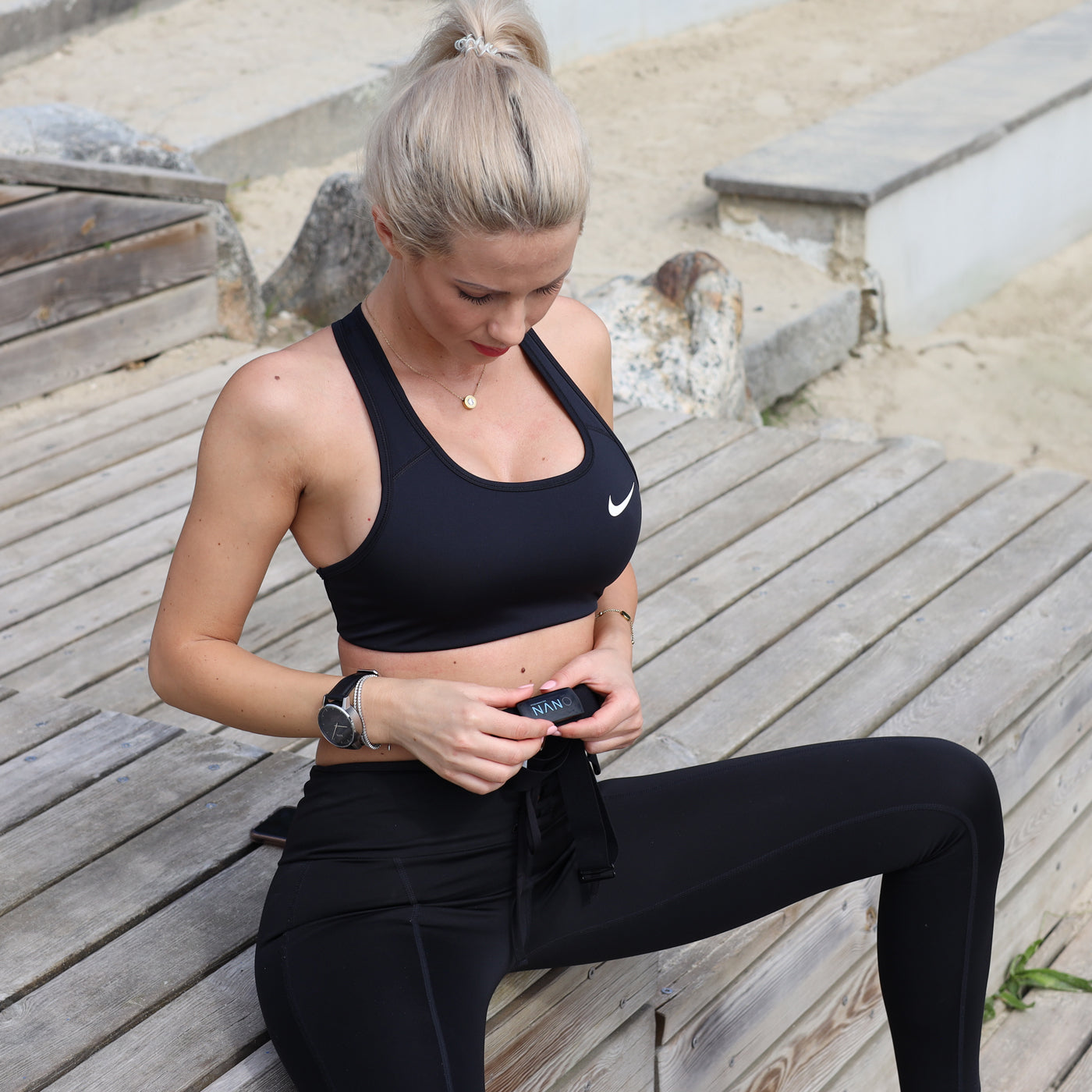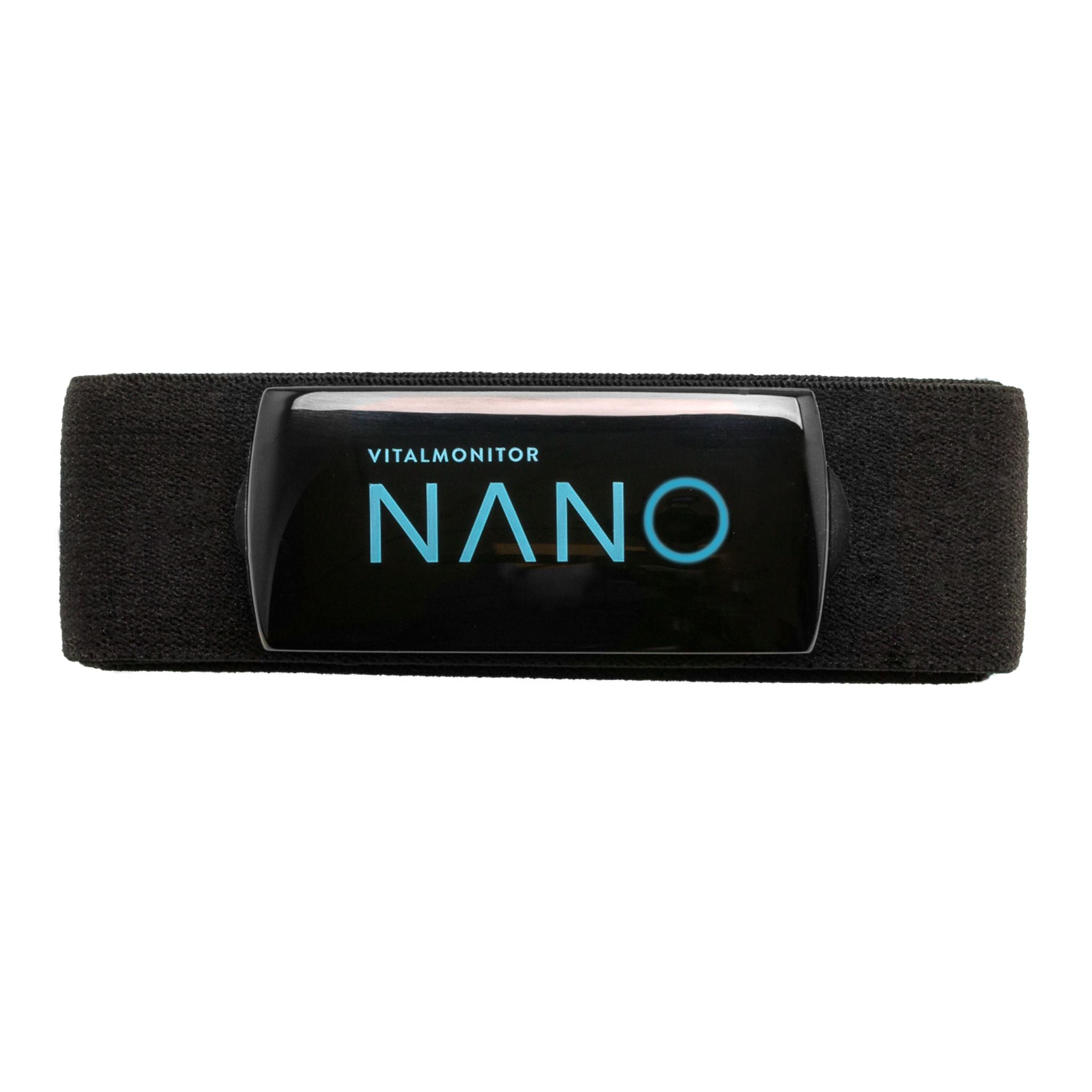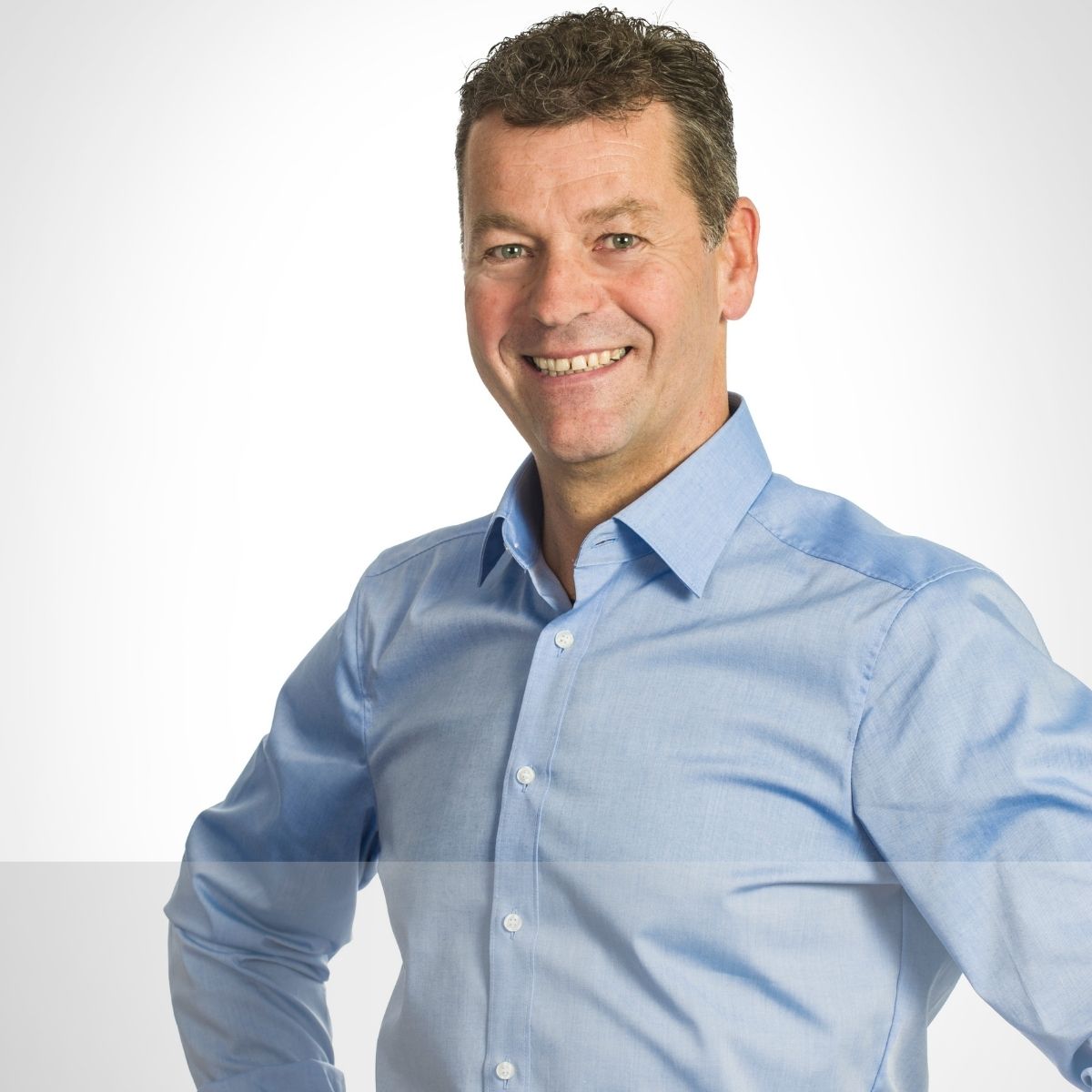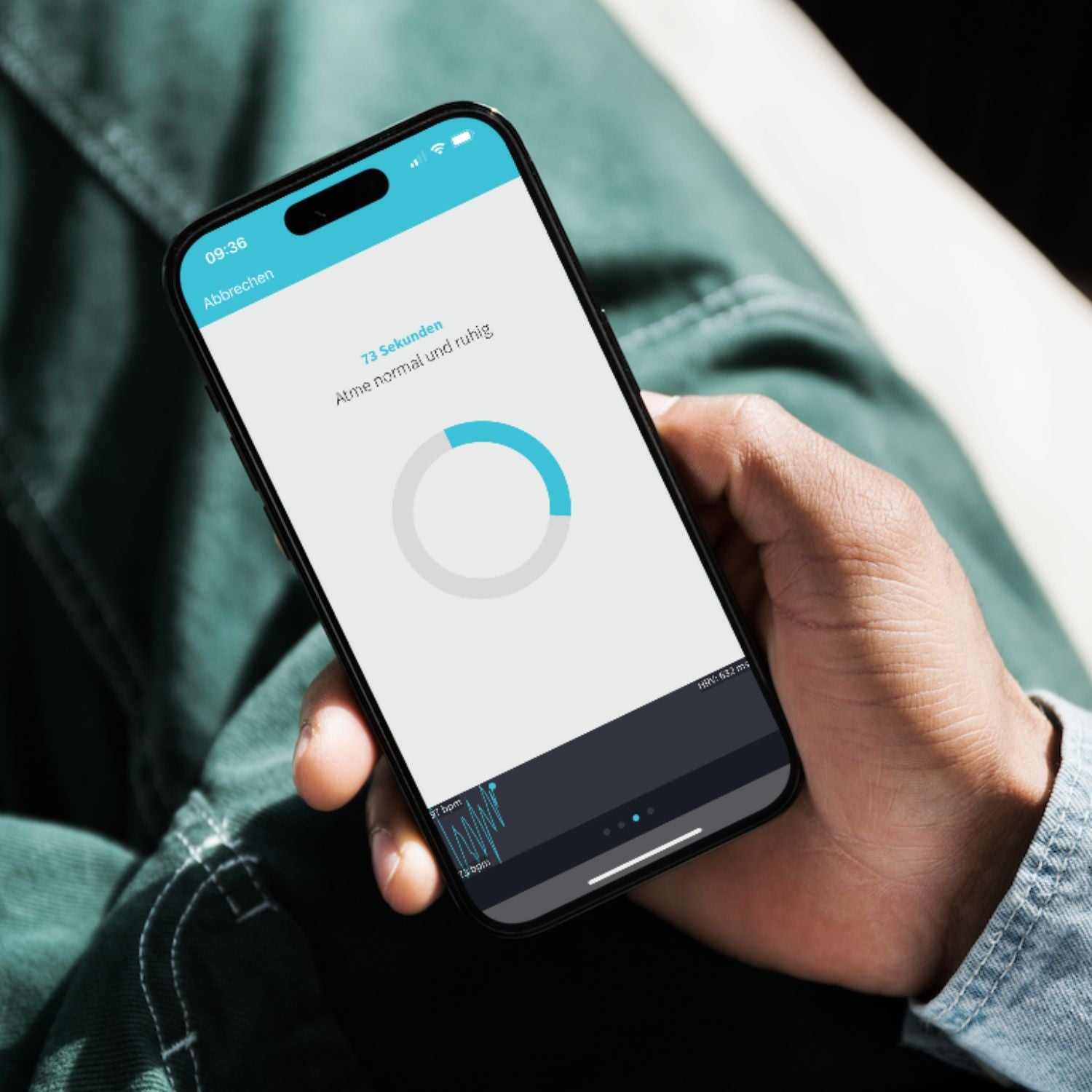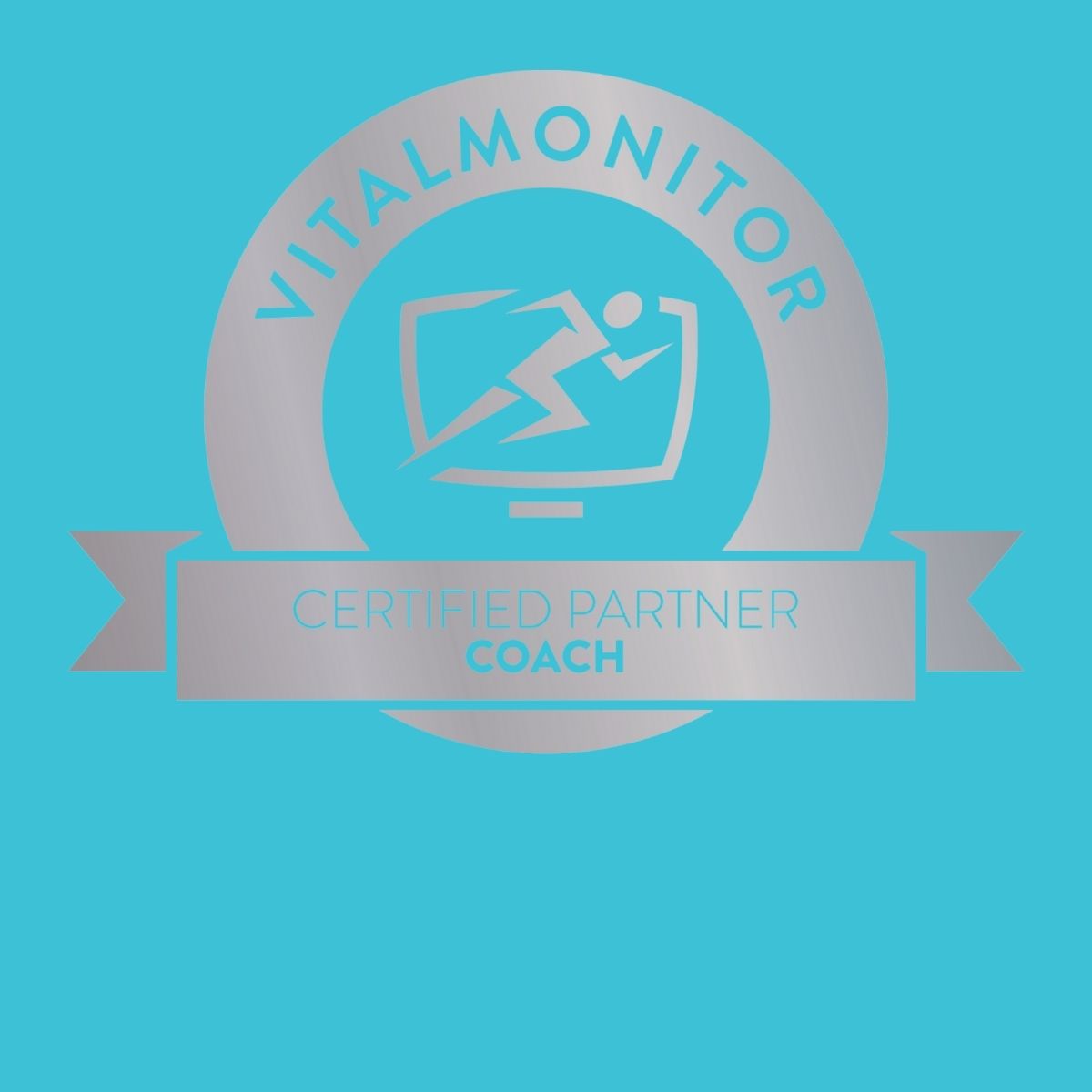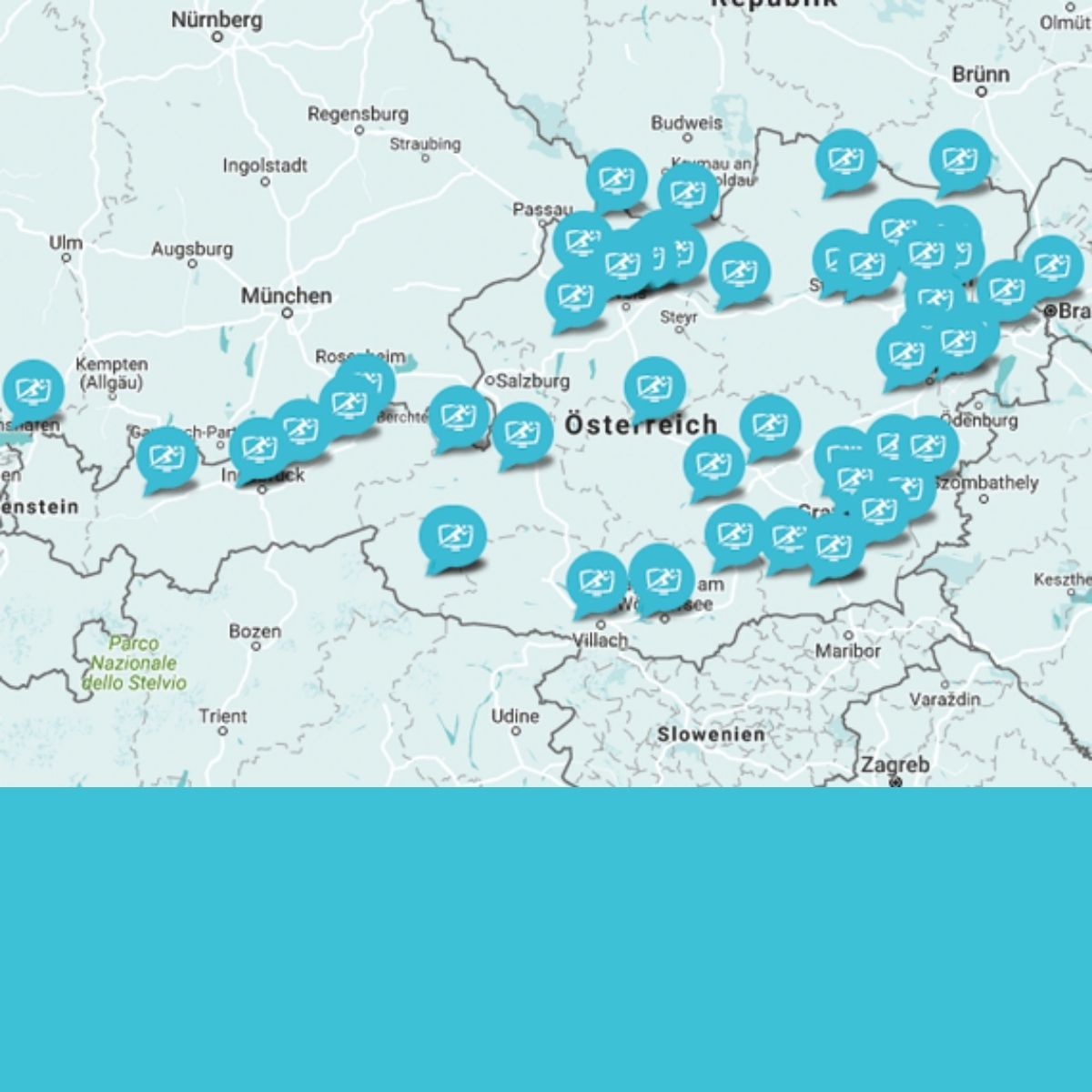Plan interventions
Interventions are actions to improve your well-being and health.
When does an intervention make sense?
- BioAge is rising
- BioAge is well above calendar age
- Persistent poor regeneration in the morning
- Persistently high stress levels
- Very small HRV plot
WHAT OPTIONS OF INTERVENTION DO I HAVE?
So that you can increase your health status and vitality, you have the following options:
- Exercise/sports
- Nutrition
- Sleep/regeneration
- Time management
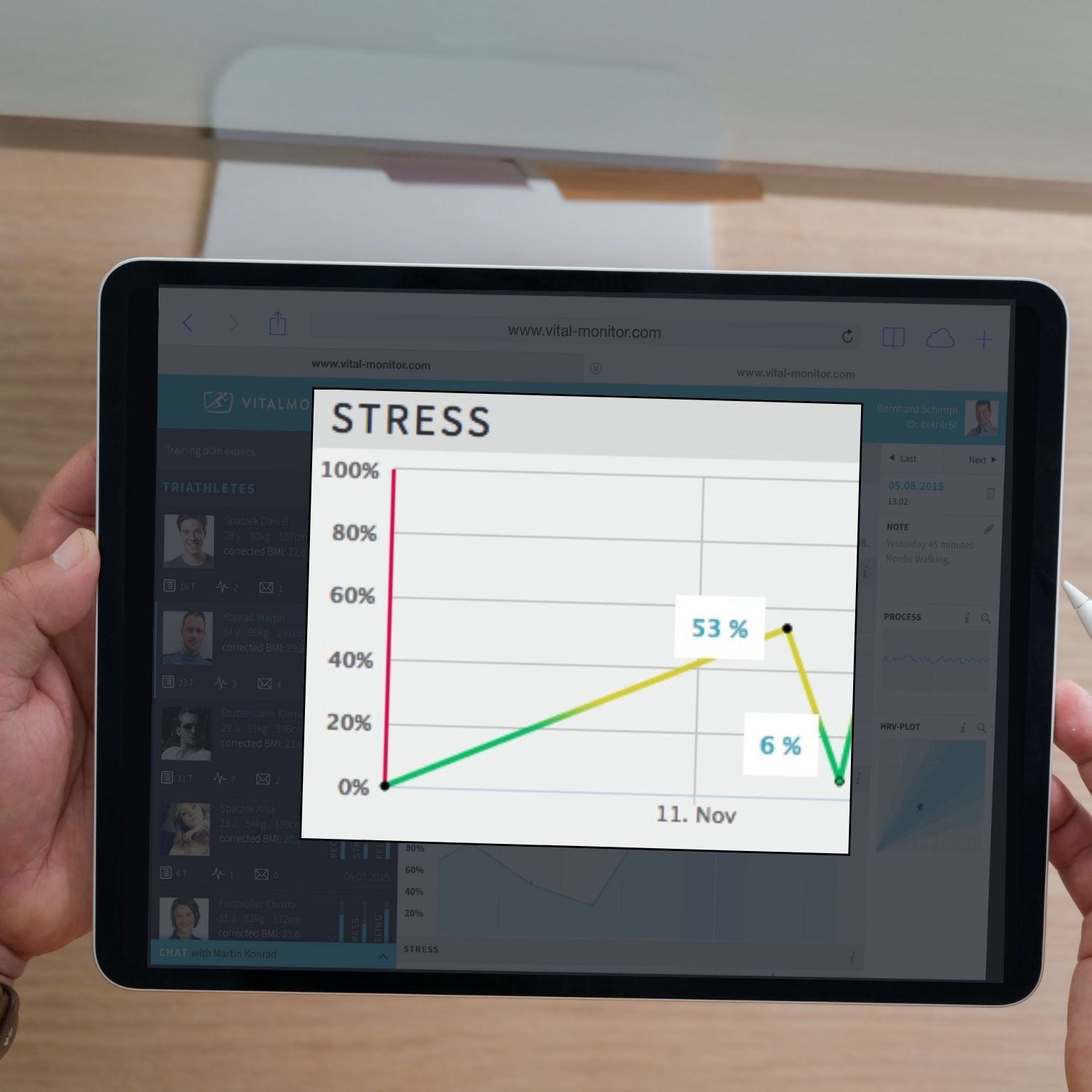
1. MOVEMENT
To reduce your stress level and increase your well-being, exercise is one of the most important starting points. It is important to note that intensive exercise cannot reduce stress. Intensive training increases stress by releasing stress hormones. After a hard day's work, it often makes more sense to use a regenerative unit. In addition, it should be noted that the later an activity is carried out, the less intense it should be in order not to disrupt sleep.
With the vital monitor you can constantly monitor how your activities affect your objective measurements and adjust your exercise units accordingly. In the example, the customer was able to reduce his stress level by 47 percentage points through a 60-minute session of Nordic walking.

2. NUTRITION
If the body is ideally supplied with nutrients and has to process as few toxins as possible, it is much easier for it to maintain high performance. But other nutritional factors also play an important role:
- Timing of meals: Try to eat your meals well before bedtime. Otherwise, your body still has to digest food while you sleep, which has a negative impact on your recovery.
- Correct nutrient combination of protein, fat & carbohydrates
- Eat more fruit and vegetables - Drinking habits: Avoid sugary drinks and replace them with water. The less alcohol you consume, the fewer toxins your body has to process
- Allergies and intolerances are reflected in a higher BioAge in the long term and in high stress levels in the short term.
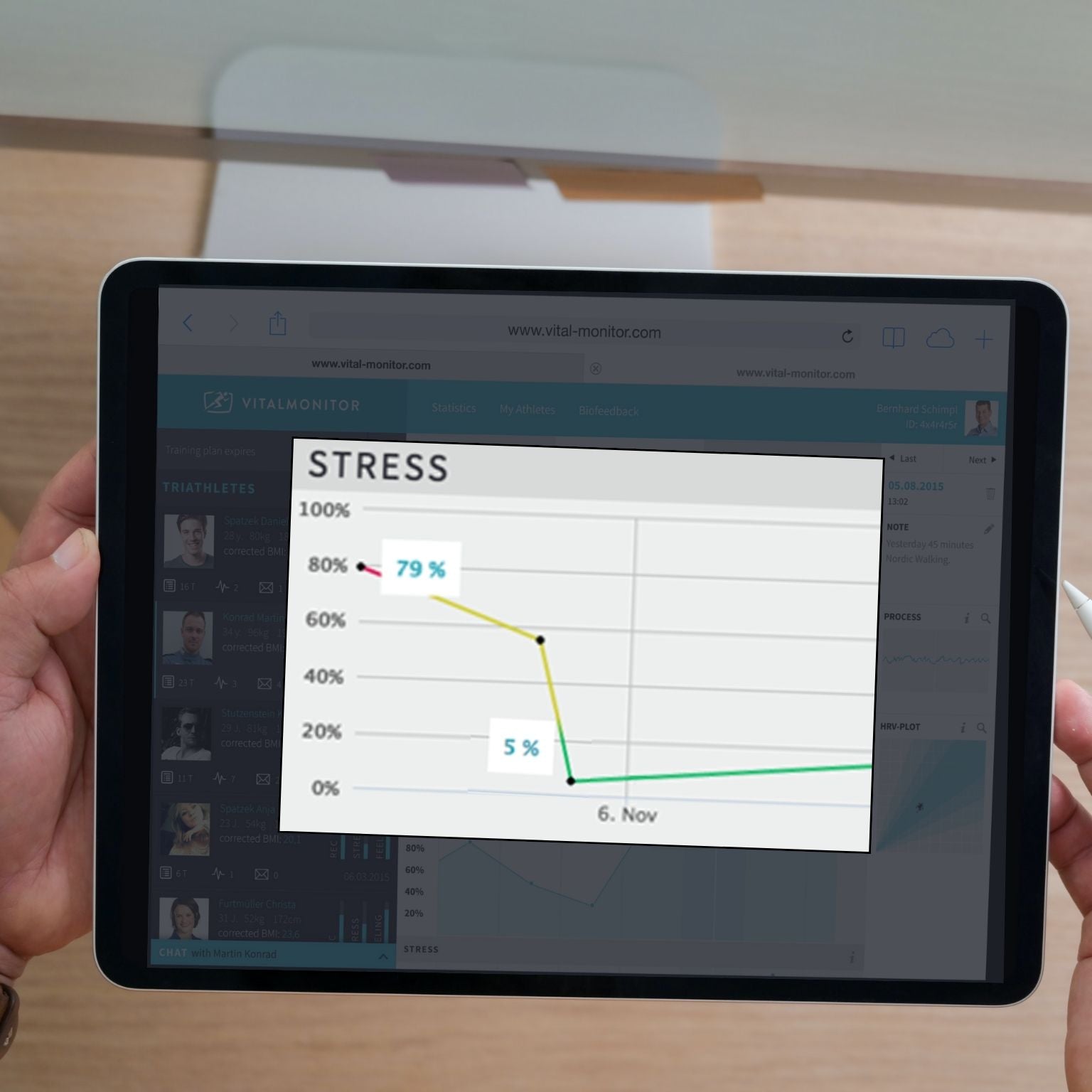
3. RECOVERY
Sleep accounts for the majority of human regeneration. You've probably noticed that you're less productive when you don't sleep well or for long enough. The following factors play a decisive role in sleep: the time when you fall asleep, the duration of sleep, the deep sleep phases, screen work or watching television directly before falling asleep, etc.
Of course, it's not just your sleep that is responsible for your recovery. For example, you can set regeneration stimuli (power naps) during the day or use various relaxation techniques.
It is important that stress can slow down and hinder your regeneration. Long-lasting and intense stress can follow you into sleep and have a negative impact on your recovery there.
The picture shows the morning measurement with a very high stress level. Through a unit of autogenic training, the test subject was able to reduce their stress level by 50 percentage points.

4. SCHEDULING
Our own time management influences our stress levels and our well-being in many ways. If we learn to organize and define our time better, we can improve our performance. The following factors are particularly important:
- Clearly separate work from leisure time
- Clearly define the workload
- Learn to say “no.”
- Fix and plan movement times and breaks
- Avoid multitasking
- Structuring and prioritizing work
